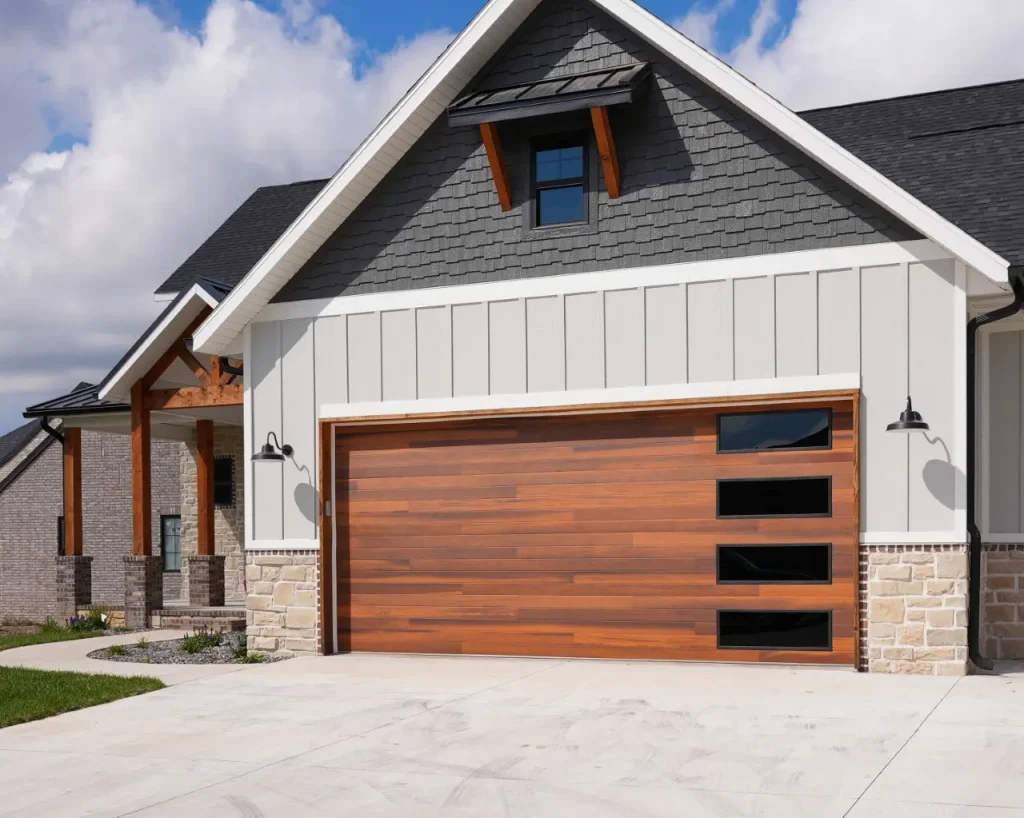Your garage door is a crucial part of your daily routine, offering convenience and security as you come and go. However, when it starts to open at a snail’s pace, it can be not only frustrating but also a sign of underlying issues. In this article, we will explore the common reasons why garage doors open very slowly, how to diagnose the problem, and the steps you can take to fix it.

Understanding the Slow Opening Issue
What Does It Mean?
When your garage door opens very slowly, it’s a clear indication that something is amiss with your garage door system. Instead of smoothly and swiftly rising to its fully open position, the door moves sluggishly, often taking an extended amount of time to complete the operation.
Potential Causes
- Lack of Lubrication: Over time, the various moving parts of your garage door system, such as the rollers, tracks, and hinges, can become dry and lacking proper lubrication. This causes increased friction and, consequently, slower operation.
- Worn-out Springs: The springs in your garage door system are responsible for counterbalancing the weight of the door. If these springs are worn out or damaged, they may not provide the necessary lift force, resulting in slow door movement.
- Misaligned Tracks: If the tracks that guide the garage door are misaligned or obstructed, it can impede smooth movement and cause the door to open slowly.
- Old or Worn Rollers: The rollers that allow the door to move along the tracks can wear out over time. This wear and tear can lead to increased resistance and slow door operation.
- Opener Problems: The garage door opener itself could be the culprit. Issues with the opener motor or gears can result in slow door movement.
Diagnosing the Slow Opening Problem
To diagnose why your garage door opens very slowly, follow these steps:
- Visual Inspection: Perform a visual inspection of the various components, including the tracks, rollers, springs, and opener. Look for signs of wear, damage, or misalignment.
- Lubrication Check: Ensure that all moving parts are adequately lubricated. If you notice dry or rusty components, applying a suitable garage door lubricant can often resolve the issue.
- Balance Test: Disconnect the opener and manually operate the door. It should move smoothly and stay in place when opened halfway. If it doesn’t, the springs may need adjustment or replacement.
- Track Alignment: Check that the tracks are properly aligned and free from obstructions. Even a minor misalignment can cause slow door operation.
- Opener Inspection: If all else seems fine, inspect the garage door opener for any visible problems, such as damaged gears or motor issues.
Addressing the Slow Opening Problem
Once you’ve identified the cause of the slow opening issue, you can take appropriate action:
- If the problem is lack of lubrication, apply a high-quality garage door lubricant to all moving parts.
- A professional technician should replace springs that have worn out or become damaged.
- Misaligned tracks should be realigned, and any obstructions removed.
- Old or worn rollers can be replaced to restore smooth door movement.
- If the opener is the problem, consider having it inspected and repaired by a qualified technician.
Conclusion
A garage door that opens very slowly is not only inconvenient but can also indicate potential problems with your garage door system. By diagnosing the issue and addressing it promptly, you can ensure that your garage door operates smoothly and efficiently. Regular maintenance and attention to the various components of your garage door system will help you enjoy hassle-free access to your garage for years to come.



Leave a Reply